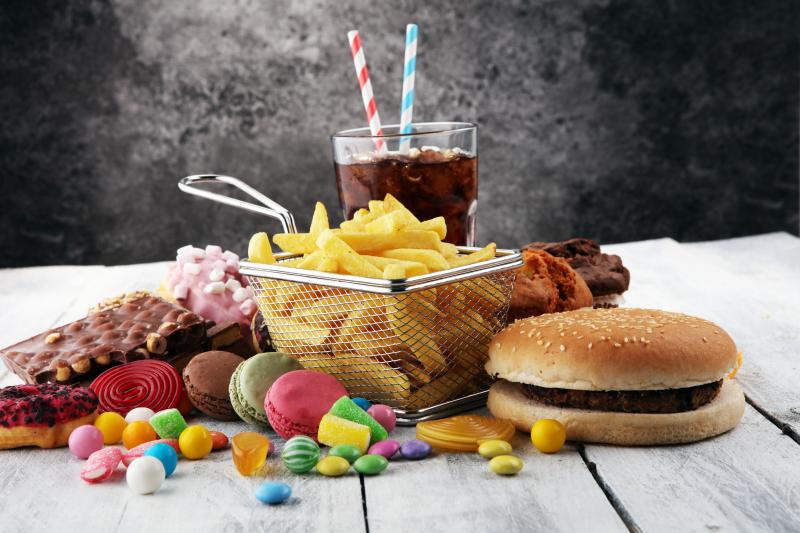To cheat or not to cheat on your eating plan? Does a “cheat meal” derail efforts or is it a treat meal? Amanda Buehler, MDA, RD/ LDN, a bariatric and clinical dietitian with Bayhealth’s Surgical Weight Loss program, says there are no one-size-fits-all answer to this question.
“It depends on the person. For some people, a cheat meal works, but for others a treat can easily snowball into a cheat day,” she said. Buehler describes a cheat meal as something indulgent, something that doesn’t fit into a person’s typical eating plans.
She warns that fad diets, eating plans that are rigid and focus on self-deprivation, may lean toward cheat-meal orientation because strict diets are difficult to maintain. Eating cheat food, foods that are typically rich in sugar or dairy, could backfire; they can create digestive issues if someone is not used to that type of food on a regular basis.
So, what’s the alternative, and how do people stay on track? “We go for lifestyle changes,” explained Buehler, who consults with bariatric patients both pre- and post-surgery, depending on the patient’s insurance plan.
“We emphasize whole grains, fruits and vegetables, and encourage patients to remove high-fat and fried foods,” she said. “We don’t want patients to feel like they are depriving themselves.”
Buehler advises patients who have had weight-loss surgery to avoid cheat meals for the first 3-6 months immediately after that surgery. “They need to heal and to understand the plan, to avoid backsliding,” she explained.
The meal plan, for example, includes healthy snacks that are protein-rich foods, such as almonds, low-fat string cheese, or plain Greek yogurt. “Protein takes longer to digest,” Buehler said. A healthy meal plan is safe not only for the patient, but also for the patient’s family. “It’s not restrictive, and the family can provide support by sharing the same meals,” she said.
In addition, Buehler notes that preparing healthy meals has become less labor intensive with options like cauliflower rice, zoodles (zucchini noodles) and spaghetti squash readily available in the frozen food section of most supermarkets.
Visit to Bayhealth.org/Nutrition to learn more about healthy eating.






















































